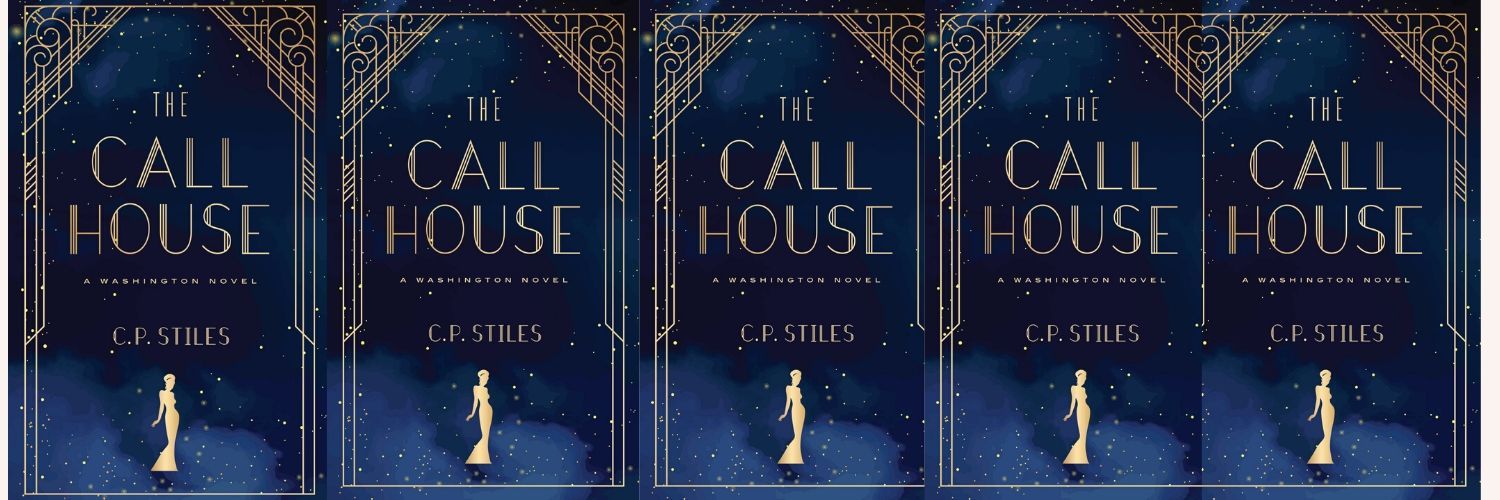|
Many years ago, a friend gave me a book about Washington, DC, published in the 1950s. It was corny and seedy. Blatantly sexist as only those 50s books could be. Aimed at male travelers (women weren’t expected to leave home in those days) and their pleasures. More like the old Playboy guides. But there was one story that caught my eye. To this day, I still don’t know why. I couldn’t shake it so I decided to write about it. Did research. Then more research. Found old newsclips. (Did I mention it was a true story?) Wrote a draft. It was way too ambitious but good enough to earn an arts grant and a reputable and very kind agent. Here’s how kind. He spent two hours on the phone explaining to me where the novel had holes. I rewrote. He sent it out. Nice letters from editors . . . you know the story. Great writing but not right for their house. Too many characters. Love it but we’re not interested. I rewrote. It went out again. The comments this time were less favorable. What did I lose from the first version to the second? After a few months of rejections, I finally decided we ought to give up. Two years later, in a fevered stroke of inspiration, I made it all present tense. Sent it to a friend I used to trust. Let me digress on a point that’s worth a whole other post. What she did was trash it. Yes, she had some things going on in her life that her distracted. And yes, I hate to admit it, but some of what she said ended up being worthwhile. But . . . What she should have done, what I’ve come to understand all friends should do, is return it to me after a miserable page or two and tell me she knew I could do better. Instead in a tone most unkind, she criticized some of my word choices, crossed out whole paragraphs, wrote in the margins — Wouldn’t it be better it you phrased it like this? I hadn’t asked her to edit. Or rewrite. Or be condescending. I compared her new notes to the ones she sent on the first version, and they actually were mean. It wasn’t just my hurt feelings clouding my thoughts. The result — I was devastated. Kept the friendship and never mentioned it again. I also didn’t look at the manuscript for years. But the story stayed with me. I didn’t move on and write the next novel. I didn’t write anything. Skip five years to the present. It finally felt safe to pick up the manuscript again. Not that dreadful present tense version. Not the second version where I tried to please all those editors. But the original. I can see it more clearly now. With this much distance, I’m finally able to be ruthless. To cut out unnecessary words. Sentences that don’t make sense. Descriptions, conversations, flashbacks — whole scenes and chapters are on the cutting room floor. A few main characters are reduced to cameo appearances. I’m enjoying it all. Enjoying using everything I’ve learned in the past five years about how to make my writing tighter. About tension and pacing. About characters and dialogue. About moving a story along. It’s a good feeling. I know there are other writers out there who’ve gone through this process. Written a story that took hold of them and wouldn’t let go. Tried agents. Enlisted friends as readers. Spent an awful lot of time revising and then gave up. Maybe you need to let the manuscript sit. In the meantime, read carefully. Pay attention to what other authors are doing. What works and what doesn’t. Start another project. Write a blog. Then, go back and take another look at your own book. Let me know if you find it’s easier than you thought to shape it the way you want it.
2 Comments
|
CP StilesI'm returning to novels after a long time away - sharing my uneasy progress. Archives
June 2017
Categories |


 RSS Feed
RSS Feed
